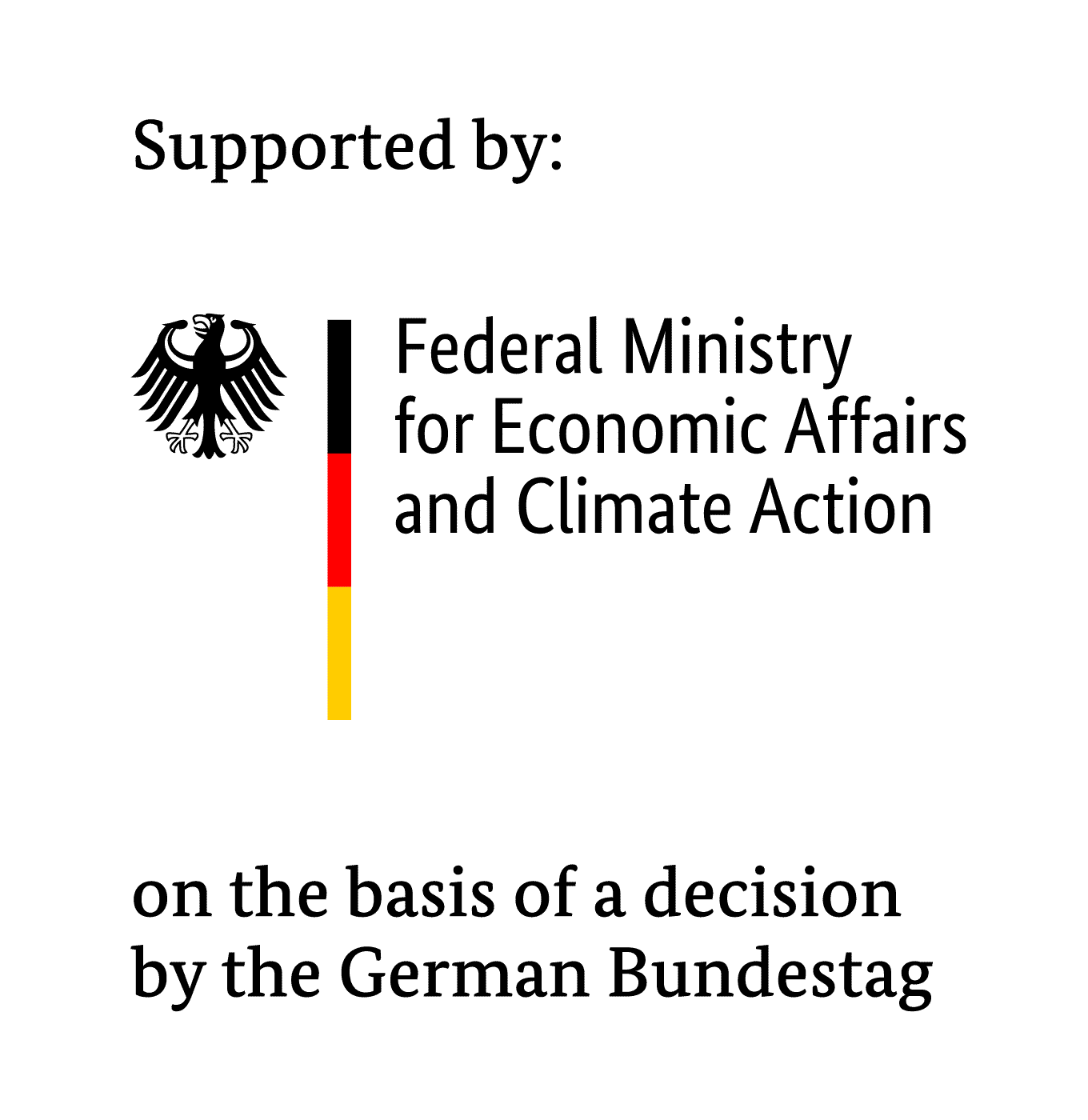Projectname:
Better products safety and reduced cleaning efforts in the food industry due to selection and use of innovative surface modifactions with a focus on surface ageing and electrostatic interactions
Workgroup: Hygienic production
Scientific Partners and Guidance:
IGF: 16052BR
Financing: BMWi
Duration: 2009 – 2011
Contamination in processing machines such as cross-contamination poses hygienic and economic problems in food processing. Using anti-adhesive surfaces positively affects the contamination behaviour and cleanability of product contact surfaces. The purpose of this research project is to determine the impact of surface ageing and of electrostatic surface properties onto contamination behaviour and cleanability.
Research so far has not found quantifiable correlations between surface energy, surface finish and cleaning as well as fouling characteristics. Analysing the impact of surface charge and surface ageing in this context, however, has not yet been systematically analysed.
This project, therefore, aims to investigate innovative surface modifications and analyse their cleanability / fouling behaviour with respect to possible interaction mechanisms between contamination and surface. The tests will be realised with factory-new and aged surfaces. Defined ageing will be realised by simulating industrial cleaning procedures.
Surface roughness and surface energy as surface properties are determined. The characterisation of electrostatic interaction mechanisms is realised by the zeta potential.
This is followed by tests on spray cleaning and adsorption mechanisms between whey protein/ starch and surface. These tests systematically investigate the impact of surface charge and surface ageing onto cleaning characteristics.
The results of this research work will provide the data basis for model calculations and conclusions as to which selection criteria are best suited for an improved cleaning-specific surface choice. At the same time, the project continues to develop a contamination detection method.

The IGF project presented here by the Research Association of the Industrial Association for Food Technology and Packaging (IVLV e.V.) is funded by the Federal Ministry for Economic Affairs and Climate Action as part of the program for the promotion of industrial community research (IGF) based on a decision of the German Bundestag.